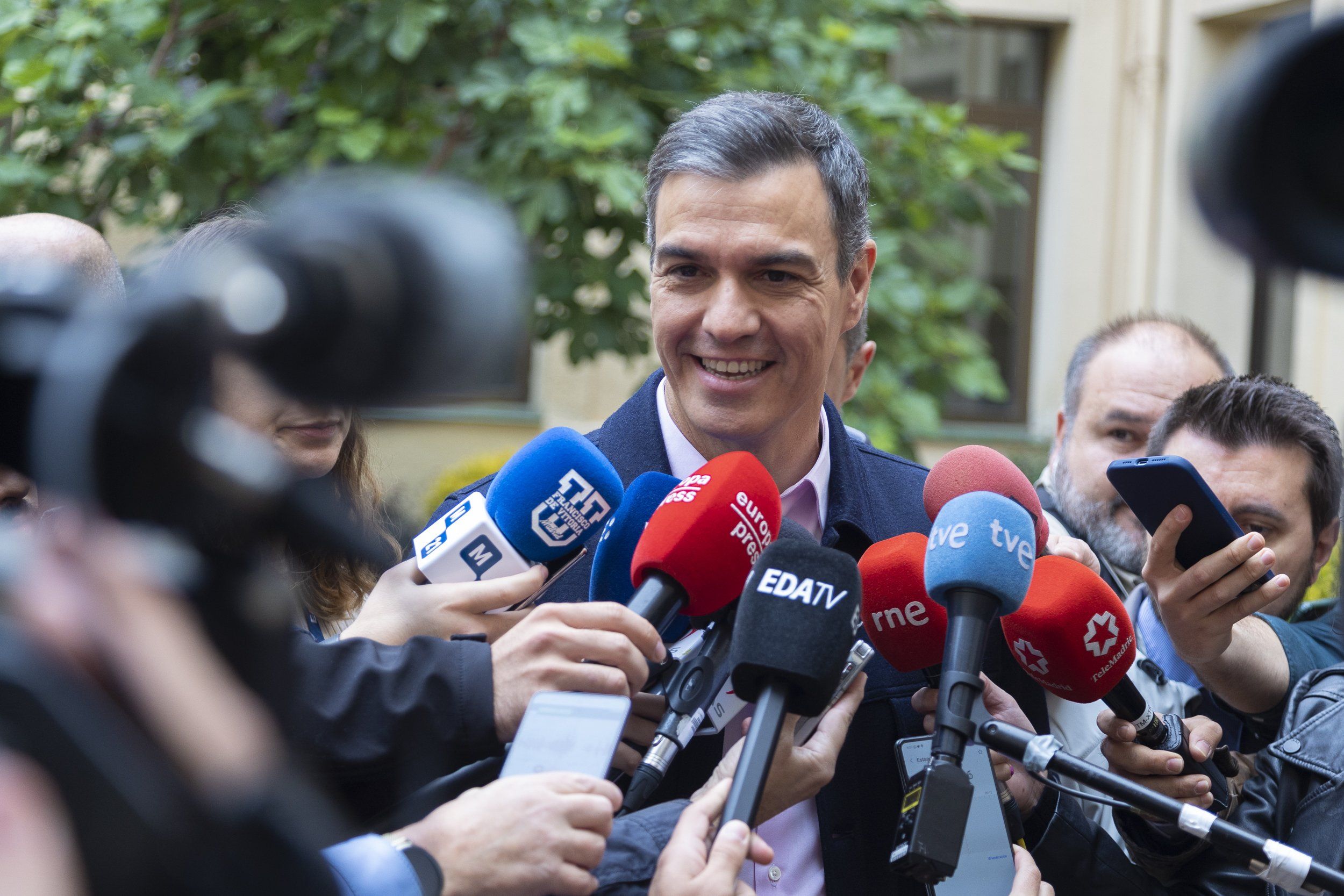After opposition sweeps local polls, Spain gets early national election
On Monday, Spain's PM Pedro Sánchez responded to the ruling left-wing PSOE party's losses in local/regional elections by calling an early national vote for July 23.
We predicted a big loss for the PSOE, but not this bloodbath. The right-wing People's Party clinched outright majorities in Madrid and flipped control of PSOE stronghold regions and big cities — although the PP will need support from the far-right Vox Party. Thanks to the collapse of the centrist Citizens Party, the PP surged by nine percentage points in the popular vote.
Calling a snap election is a surprise move and a gamble for Sánchez. For one thing, waiting six months until December was probably not enough time to turn around the bad result. For another, the PM might be trying to scare far-left voters into backing the PSOE as their best hope to stop the Vox bogeyman.
It's the PP's election to lose. But never rule out Sánchez, who has the survival skills of a political cockroach, an incumbent’s bag of tricks, and a tolerance for risk unmatched in recent Spanish political history.
